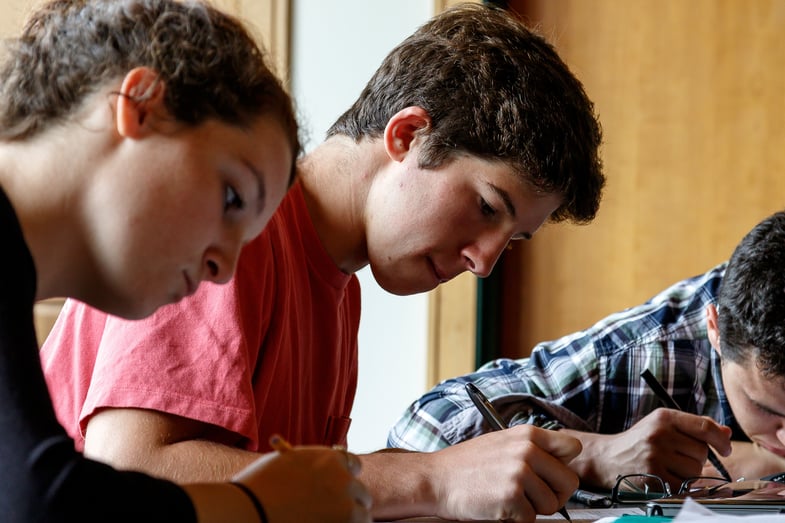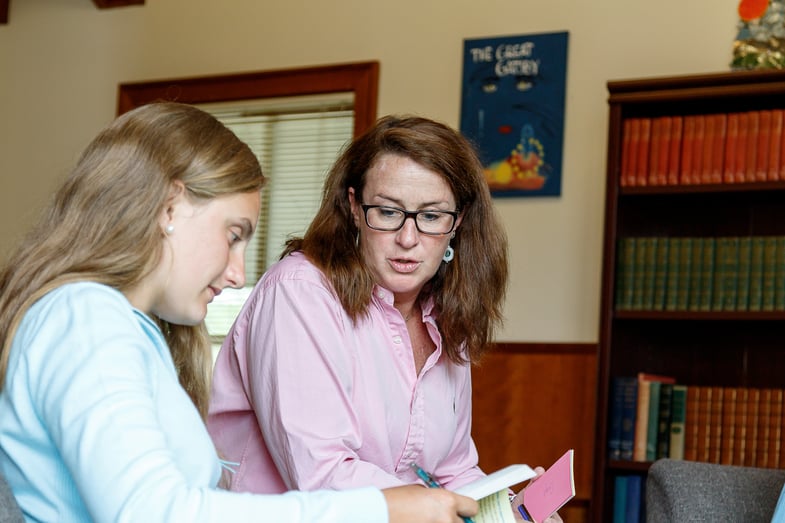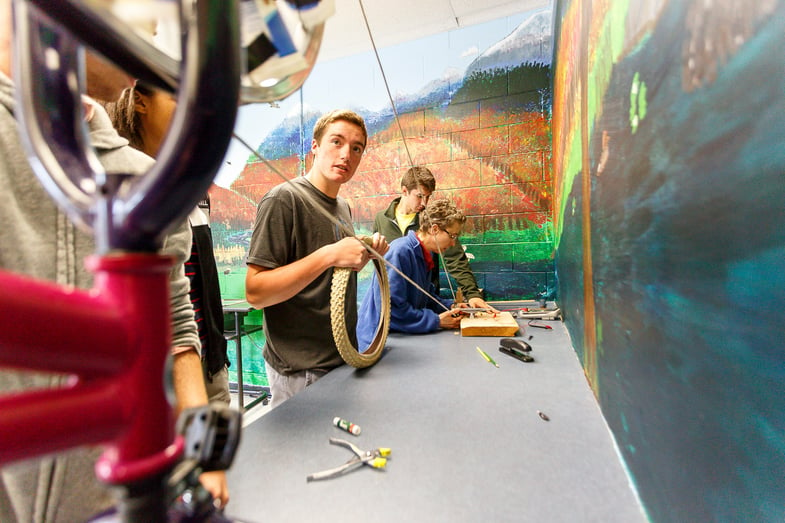A few years ago this article crossed my desk. The message seems to ring as true today as it did when I first read it. The feature study of the article highlighted in the podcast from NPR discusses the work of educational psychologist Jim Stigler's work studying the difference between how different cultures approach the notion of intellectual struggle.

Stigler's experiences around the world speak to a common theme in Eastern classrooms that struggle is an assumed part of the learning process, that we all struggle at some point, so don't shy away from it, but rather embrace the opportunity to learn. This perspective is in direct contrast with his experiences in many American classrooms where students who struggle in their classes are assumed to have low ability. It is not in contrast, however, to Proctor's educational model.

Stigler notes, "All of this matters because the way you conceptualize the act of struggling with something profoundly affects your actual behavior…If struggle indicates weakness, it makes you feel bad, and so you're less likely to put up with it. But if struggle indicates strength - an ability to face down the challenges that inevitably occur when you are trying to learn something - you're more willing to accept it."

While our students are not experiencing much academic struggle at the moment due to summer vacation, in just a few short months, campus will be filled with students facing rigorous learning experiences. We believe deeply in the value of learning as a process, not a specific outcome. Proctor’s model of academic rigor mixed with academic support results directly in a school culture that frames challenges in a way that encourages perseverance and provides opportunity for healthy struggle. It is an educational philosophy that has been part of Proctor’s DNA for more than seventy-five years.

Whether an Ocean Classroom student is embracing the challenge of a 3:00 am watch after intermittent sleep, working through setbacks on a wood shop project, navigating group dynamics on Mountain Classroom, or figuring out how to effectively use resources and strategies to navigate AP Literature with dyslexia, approaching struggle as an opportunity to grow and learn is critical to a Proctor education. Having the right support systems in place - through close relationships between students and faculty advisors, learning specialists, dorm parents, teachers, and coaches - is central to creating this culture of rigor and support at Proctor.

Hopefully, as our students are reflecting on the past school year, they feel a sense of accomplishment, not because they 'got it' on the first try, but because they were challenged and forced to struggle in a way that allowed for personal growth, and ultimately, to be truly proud of their successes.








